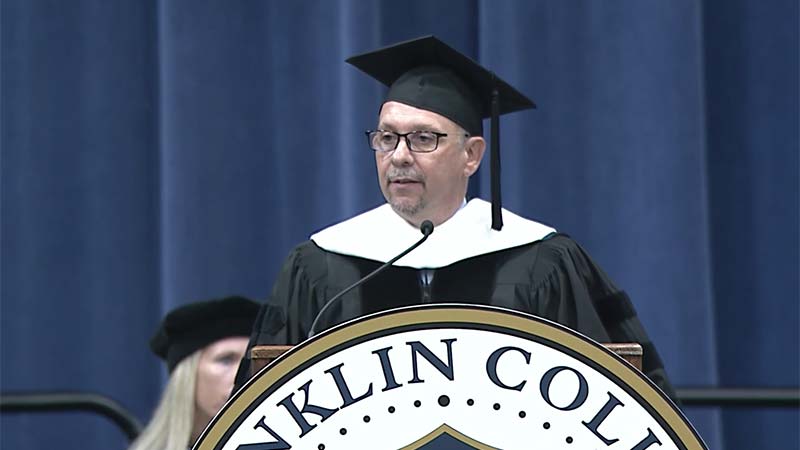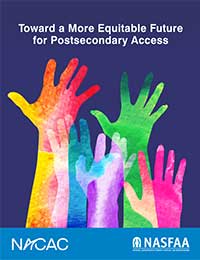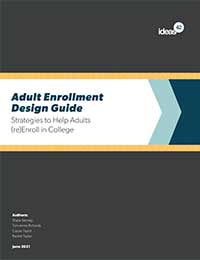Bachelor’s Degrees
The nation needs more adults with four-year degrees.
For most professionals, a college degree is necessary to launch and sustain a career path, and the average differential in lifetime earnings among bachelor’s degree holders is undeniable. Some people who never went beyond high school or completed associate degrees earn more, but that is unusual and becoming rarer over time.
In many fields, earning a bachelor’s degree is often the first step in a career progression. A four-year degree can help people stand out among job applicants, particularly in fields that require specific knowledge or skills, or capacities such as critical thinking, ethical reasoning, and complex adaptive behavior. For example, business- and STEM-related fields, such as computer science, engineering, and finance often demand bachelor’s degrees or equivalent knowledge and experience, which can be difficult to demonstrate without a degree.
Hiring managers and supervisors are also looking for the kinds of knowledge, skills, and capabilities developed through the liberal arts and humanities. The liberal arts offer students well-rounded educational experiences rooted in subjects such as the arts, communication, history, literature, and philosophy. Through a wide range of study, students can gain a greater understanding of the world around them and hone problem-solving, speaking, and writing skills that employers value.
Employers want to hire people who have acquired specific technical skills related to the discipline and a general set of skills related to communication, teamwork, and collaboration. Through proficiency in these areas, graduates help organizations meet their goals and objectives.
Paying for college represents a challenging barrier for many people, especially for students and prospective students who are Black, Hispanic, Latino, and Native American, the first in their families to go to college, or from middle- and lower-income households. Additionally, attending college can be seen as a major social distraction, where students can lose sight of obtaining a specialized education to become more marketable to employers.
Helping more American adults earn bachelor’s degrees that position them for further learning and new careers, promotions, and higher wages is essential to meeting the nation’s talent needs. This work is especially important at minority-serving institutions and regional colleges and universities, where students of color and adult students from low- and middle-income families are most likely to start their degrees.










